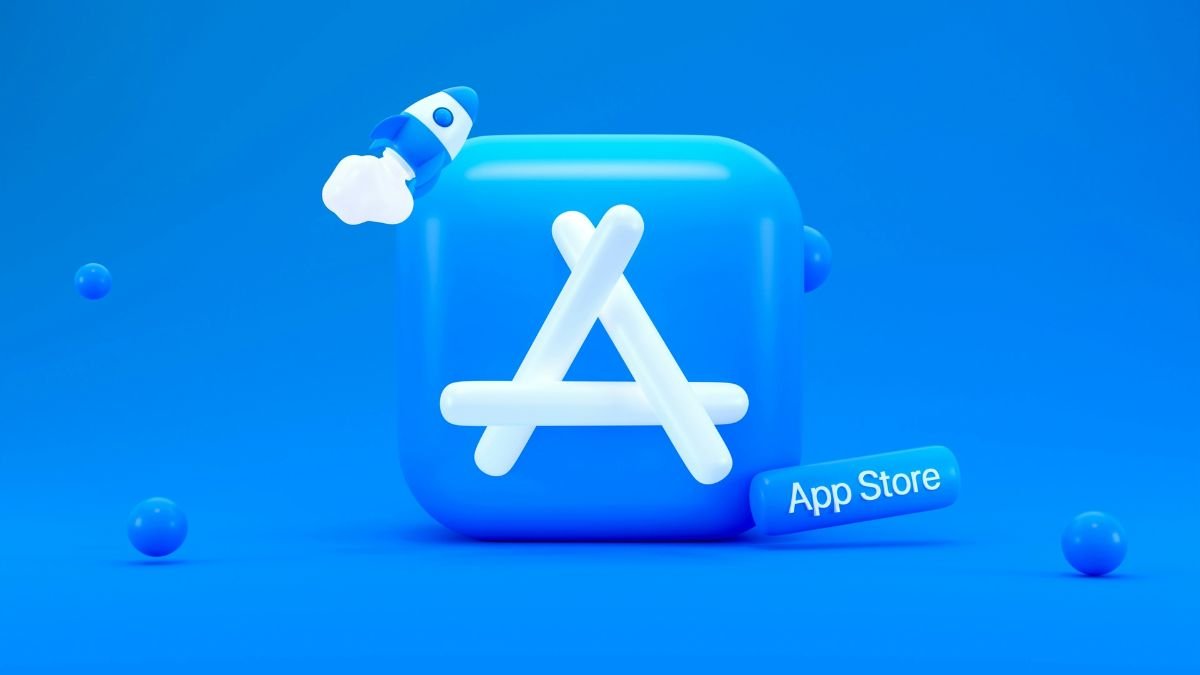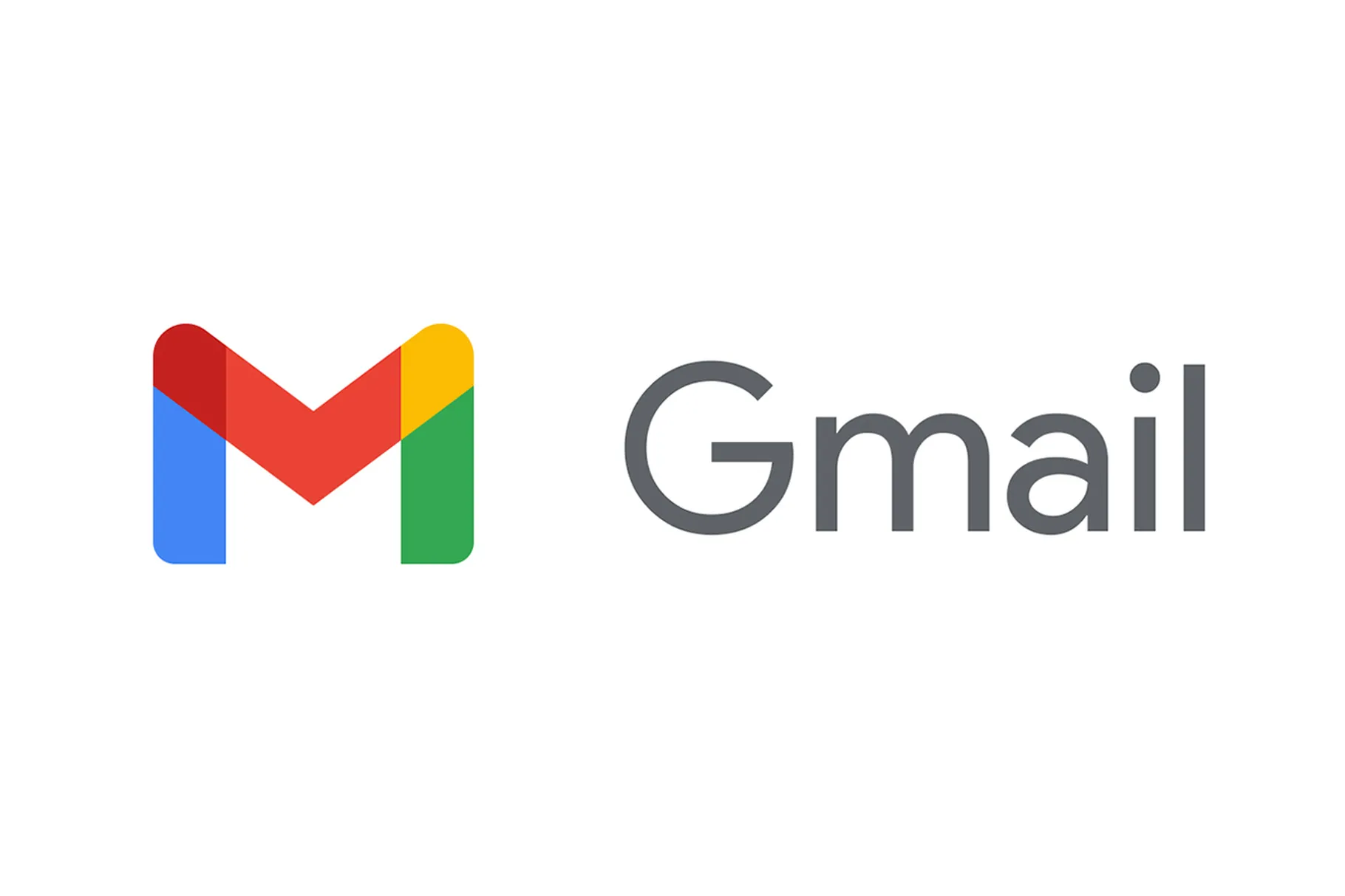In a groundbreaking move, Apple has revised its App Store guidelines to permit the distribution of retro game emulators, marking a significant shift from its long-standing policy. This decision, which follows a $2 billion fine from the EU commission and aims to comply with the Digital Markets Act, extends beyond Europe, affecting developers worldwide.
Apple has clearly stated that while game emulators are now welcome, the responsibility for ensuring that all software complies with the App Store Guidelines and applicable laws rests with the developers. This means that while emulation itself is not illegal, the distribution of pirated games or the use of copyrighted source code without permission remains prohibited.
Furthermore, emulator apps must adhere to several stipulations, including explicit user consent for data sharing, providing an index of software and metadata, and declaring the highest age rating for content within the app. Despite these guidelines, the exact enforcement mechanisms, especially concerning user-provided ROMs, remain ambiguous.
Apple’s decision to welcome game emulators into its App Store ecosystem is seen by many as a strategic move to preempt the potential appeal of third-party app stores, especially in Europe, where regulations might compel Apple to open up its platform to alternative app marketplaces. By integrating game emulators, Apple not only retains control over its ecosystem but also enhances its competitiveness against other platforms, notably Google Play, which has historically been more lenient towards emulators.
This change is not only in response to European regulations but also appears influenced by a US Department of Justice antitrust lawsuit, challenging Apple’s restrictions on game streaming services. By allowing emulators on the App Store, Apple preempts potential advantages third-party app stores might have gained, aligning its policy closer to Google Play’s more liberal stance.
As the gaming community eagerly anticipates the arrival of emulators on the App Store, questions about the specifics of implementation, the range of available emulators, and their compliance with copyright laws remain. However, one thing is clear: Apple’s latest update heralds a new era of gaming on iOS, promising to enrich the App Store’s offerings and deliver a treasure trove of classic games to a global audience.
For developers and gaming enthusiasts, this opens up new possibilities for legal emulation on iOS devices, encouraging the development and distribution of emulators for classic games, provided they navigate the legal and guideline complexities involved.






























